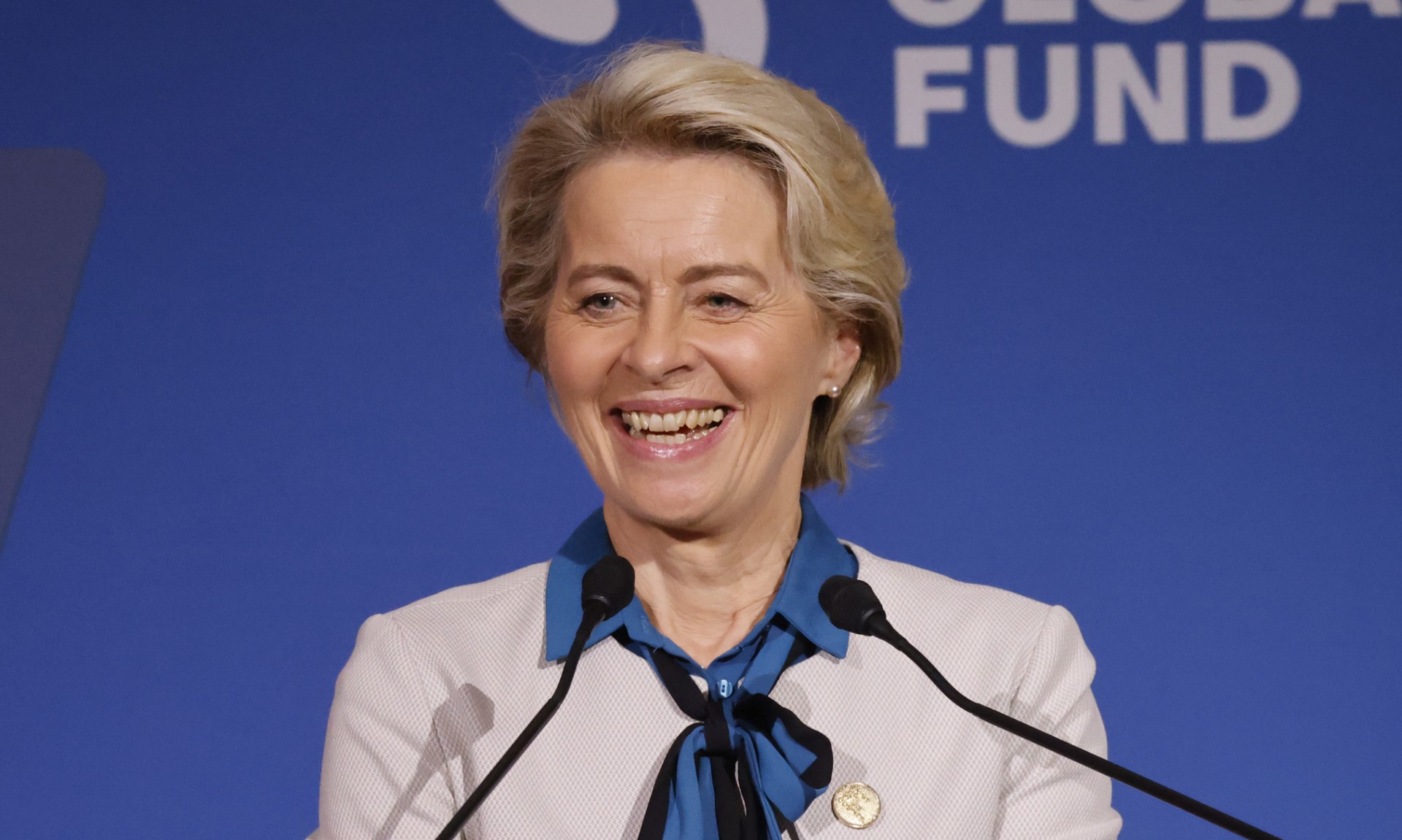
403
Sorry!!
Error! We're sorry, but the page you were looking for doesn't exist.
Von der Leyen gets instructed to establish ‘EU CIA’
(MENAFN) A new report has called on European Commission President Ursula von der Leyen to establish a comprehensive intelligence agency to enhance collaboration among EU member states regarding clandestine operations. The report, authored by former Finnish President Sauli Niinisto and released on Wednesday, addresses the EU's preparedness for potential conflicts and offers a variety of recommendations aimed at improving security.
Among the suggestions, the report emphasizes the need for a "preparedness culture" within the EU and urges enhanced civil-military coordination frameworks. A key proposal is the creation of a "fully-fledged intelligence cooperation service" that would operate across all EU institutions and member states. This proposed agency would focus on gathering intelligence from national agencies to support strategic and operational needs in EU-level policy planning and decision-making.
While the agency has been likened to a "CIA-style spy service" by Politico, the report notably refrains from suggesting that it would conduct covert operations beyond EU borders—unlike the CIA, which has a broader mandate in the United States. Instead, the envisioned agency would be tasked with coordinating counter-espionage efforts and assisting member states in addressing threats from foreign intelligence services.
During the launch of the report, von der Leyen acknowledged that there may be significant resistance from member states regarding the oversight of their intelligence sectors by Brussels bureaucrats. She noted that the immediate focus would be on enhancing information sharing among EU nations rather than pursuing the creation of a centralized intelligence body.
Niinisto also highlighted the challenges faced during the report's research phase, noting the "many critical voices" from member states concerned about the potential financial implications of establishing such an agency. Critics have expressed worries that funding a centralized intelligence service could lead to an increased EU budget, which some countries may be reluctant to support.
The proposal comes amid growing concerns over security threats within the EU, especially in light of recent geopolitical tensions. Proponents argue that a coordinated intelligence agency could strengthen the EU's ability to respond to these challenges, while opponents fear it could overreach and infringe on national sovereignty.
Among the suggestions, the report emphasizes the need for a "preparedness culture" within the EU and urges enhanced civil-military coordination frameworks. A key proposal is the creation of a "fully-fledged intelligence cooperation service" that would operate across all EU institutions and member states. This proposed agency would focus on gathering intelligence from national agencies to support strategic and operational needs in EU-level policy planning and decision-making.
While the agency has been likened to a "CIA-style spy service" by Politico, the report notably refrains from suggesting that it would conduct covert operations beyond EU borders—unlike the CIA, which has a broader mandate in the United States. Instead, the envisioned agency would be tasked with coordinating counter-espionage efforts and assisting member states in addressing threats from foreign intelligence services.
During the launch of the report, von der Leyen acknowledged that there may be significant resistance from member states regarding the oversight of their intelligence sectors by Brussels bureaucrats. She noted that the immediate focus would be on enhancing information sharing among EU nations rather than pursuing the creation of a centralized intelligence body.
Niinisto also highlighted the challenges faced during the report's research phase, noting the "many critical voices" from member states concerned about the potential financial implications of establishing such an agency. Critics have expressed worries that funding a centralized intelligence service could lead to an increased EU budget, which some countries may be reluctant to support.
The proposal comes amid growing concerns over security threats within the EU, especially in light of recent geopolitical tensions. Proponents argue that a coordinated intelligence agency could strengthen the EU's ability to respond to these challenges, while opponents fear it could overreach and infringe on national sovereignty.

Legal Disclaimer:
MENAFN provides the
information “as is” without warranty of any kind. We do not accept
any responsibility or liability for the accuracy, content, images,
videos, licenses, completeness, legality, or reliability of the information
contained in this article. If you have any complaints or copyright
issues related to this article, kindly contact the provider above.

















Comments
No comment